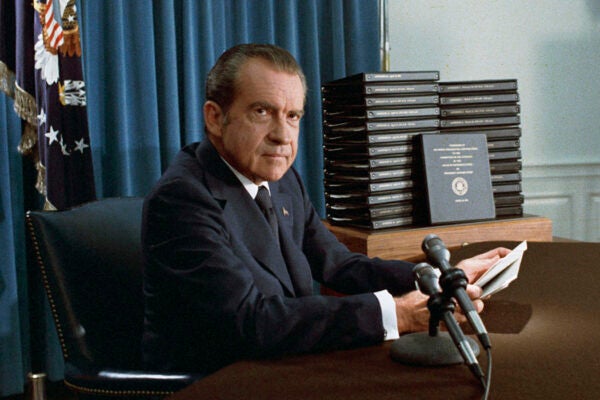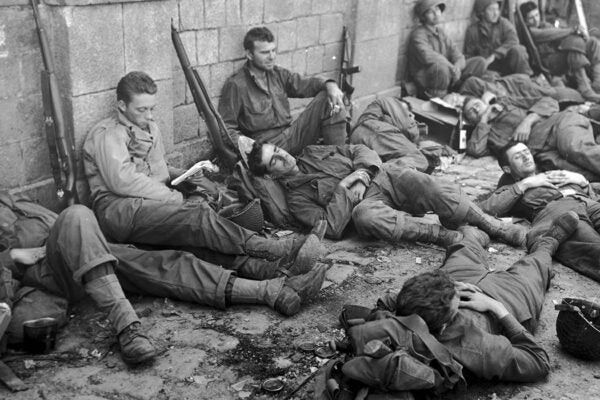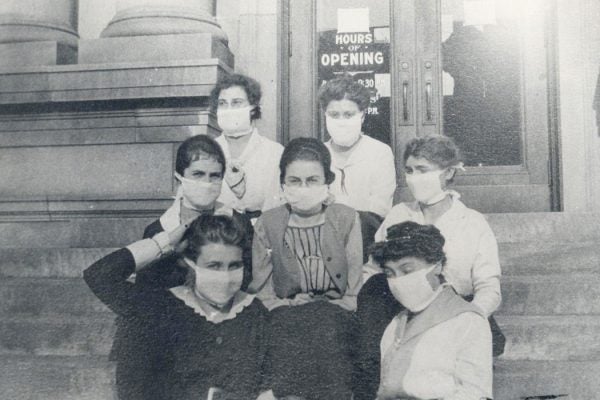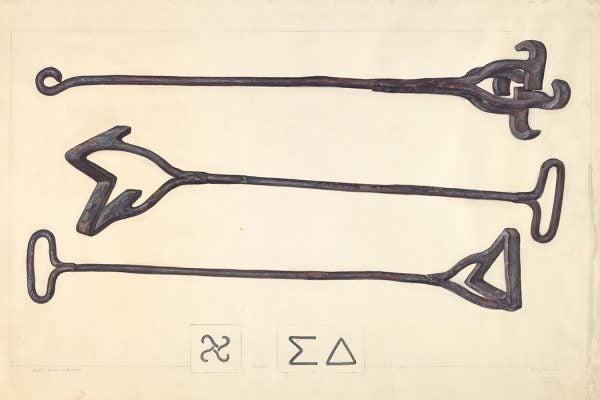Science Lit for Kids Holds a Mirror Aloft
Over decades, books that rouse children’s interest in the natural world have morphed in style and approach—an evolution reflective of tectonic societal change.
Bring on the Board Games
The increasing secularism of the nineteenth century helped make board games a commercial and ideological success in the United States.
Power over Presidential Records
By law, all communications seen and/or touched by a United States president are supposed to be preserved. Reality—and executive privilege—is a lot messier.
Pas de Deux With Cancel Culture
Traditionally set amidst an exoticized conception of India, La Bayadère’s recent staging argues for stripping away stereotypes in the creative reimagination of old ballets.
Fredric Wertham, Cartoon Villain
Wertham convinced 1950s America that comic books led to depravity. He also used his extremist views to raise money for an anti-racist clinic in Harlem.
Wheely Good Reviews: How Michelin Forms Foodie Ideology
The French Michelin guide is an authoritative voice in the world of fine dining, but when it arrived on the American food scene, it was met with a chilly reception.
Books on the Battlefield
During World War II, GIs battled boredom with novels provided by the Armed Service Division, raising questions about the “feminizing” effect of reading.
Like Tomatoes? Join the Club
Organizers of girls’ tomato clubs hoped that members would learn not only how to grow tomatoes, but how to build a better future for themselves.
Libraries and Pandemics: Past and Present
The 1918 influenza pandemic had a profound impact on how librarians do their work, transforming libraries into centers of community care.
A Fistful of Data: Information and the Cattle Industry
Beef barons needed cowboys less and bookkeepers more as the nineteenth century wore on.









